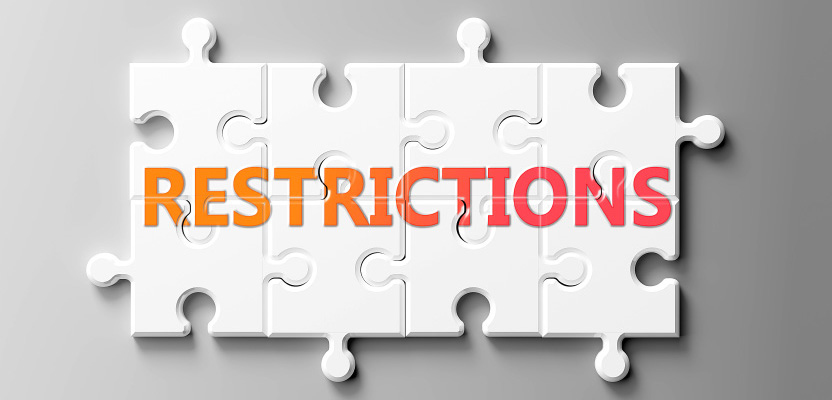Technically, there are no restrictions on what you may call yourself. However, you may find that other organisations won't issue records in your chosen name. As a rule of thumb, if the Passport Office will issue you with a new passport, other government organisations should accept the change.
Since your change of name only becomes legal when you change the majority of your documents to your new name, in practice, your new name is restricted by what other, particularly government, organisations will accept.
Very generally, to avoid problems, your new name:
- must be practical for use by other people and organisations;
- must not be insulting or offensive; and
- shouldn't mislead or infringe copyright.
Before changing your name by deed poll, consider what the impact of your new name will be. A fun name may reflect your attitude to life, but may make it more difficult to deal with other people and organisations. Employers may be reluctant to employ people with fun names, and if you are self employed, clients may be reluctant to hire you. Some organisations may be reluctant to let you associate with them if your name could affect their brand image.
More specifically, your name:
- must include a forename and a surname;
- A single letter for either your forename or last name is possible, but may cause problems in use: for example, many computer systems cannot record a single letter. You don't have to have a middle name;
- be pronounceable;
- Of course, some combinations of consonants are pronounceable in other cultures. The surname 'Ng' is a good example;
- must not contain numbers or symbols;
- Characters in the extended Latin alphabet such as letters with umlauts, cedillas and accents are fine. Not all systems can accept modified characters, so you should be prepared to drop these on some documents;
- not include punctuation, except hyphens and apostrophes as in 'John-Jack O'Brien' or 'John Jones-Smith';
- should not be obviously offensive or insulting; and
- cannot be misleading.
You can't change your name in order to mislead someone, for example, to avoid repaying debts. Nor can you pretend to be someone else (called passing off). It's fine to name yourself after an actor or pop star (or even a friend or ex-spouse) provided you don't attempt to deceive others that you are the person after whom you named yourself (or connected to that person).
Titles
There is no formal procedure to change your title. If you want to change your title only, you can do so without using a deed poll. Simply adopt the new title and notify all the relevant record holders. Many organisations will want to see documentary evidence of entitlement to use academic, noble or religious titles.
If you are changing your name, you can change your title at the same time on the deed poll document. The title shouldn't be part of your name, and instead it should be specified in a distinct paragraph.
Common (social) titles
Regardless of your sex, you can use any normal title you wish. You can be an unmarried 'Mrs', an elderly 'Master', or a very young 'Ms'. You can also be a female 'Mr' and a male 'Miss'. Read more about titles and genders when changing your name.
Military and academic titles
You can also choose any academic or military title you wish, provided that your use isn't in order to deceive someone about your qualifications. Since most people use academic titles in order to convey their qualifications, it is difficult to justify that use is for any other reason.
Titles of nobility
Titles of nobility or honour, such as 'Sir', 'Lord', 'Dame' can only be granted by the King and can only be used in accordance with traditional usage. You cannot buy titles of nobility despite the best marketing efforts of companies selling them.
Religious titles
Religious titles can be used (such as 'Reverend') providing that you do not use it to deceive. Titles for recognised religions present few problems.
Further information and useful documents
We provide a deed poll template that allows you to change your name without involving any third party solicitors or companies for free.

